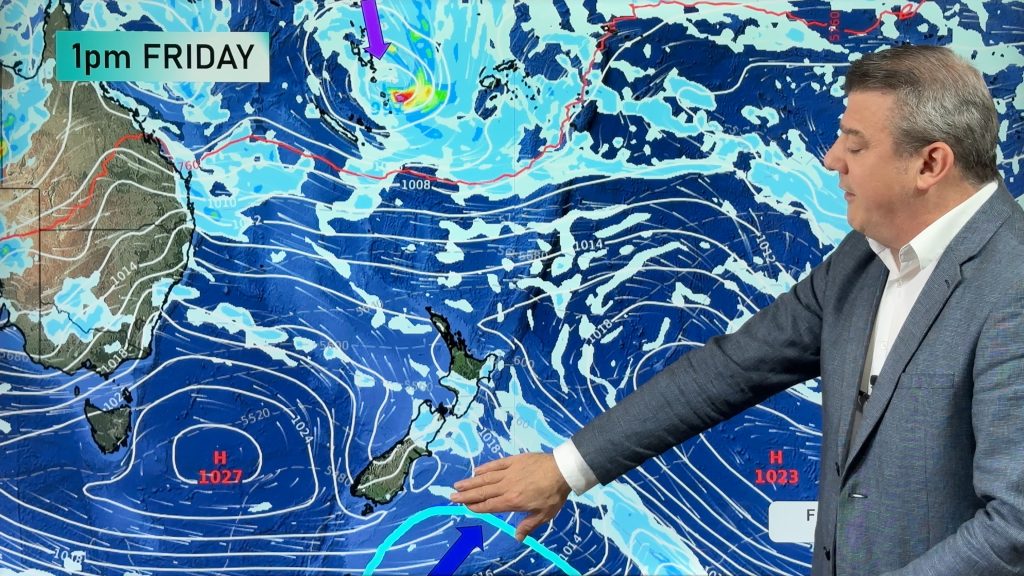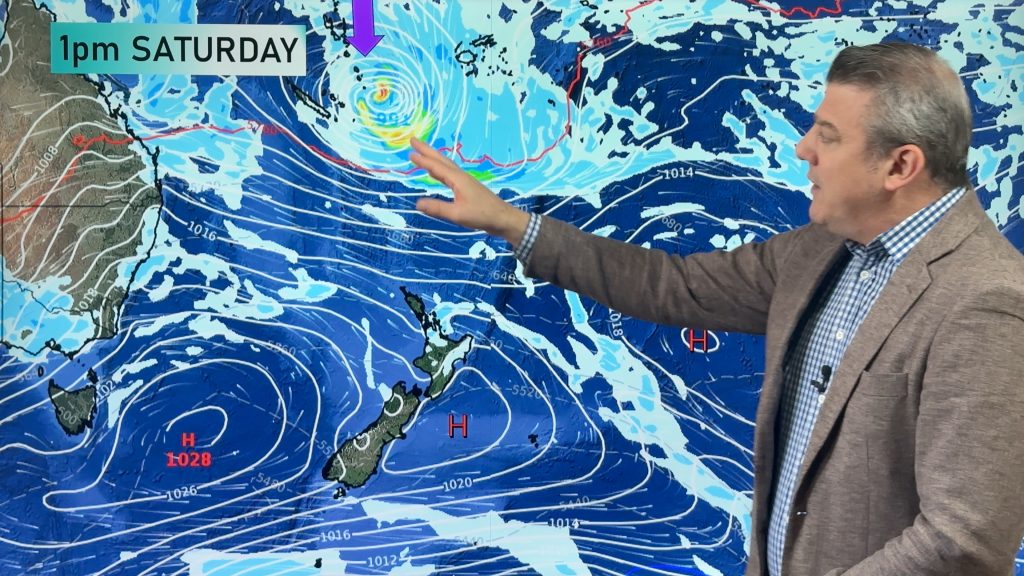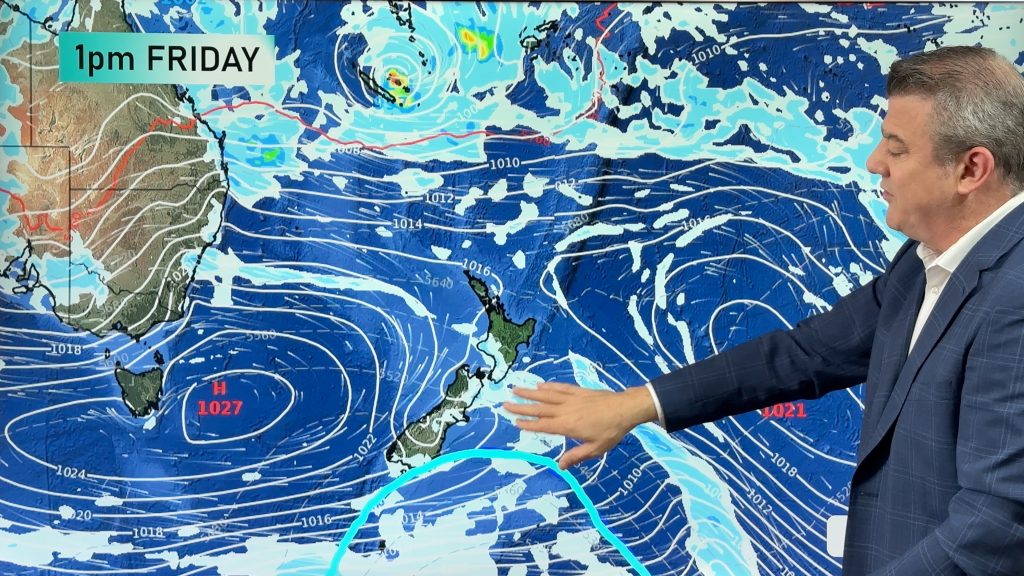
> From the WeatherWatch archives
Fewer cyclones than normal are predicted to occur off Western Australia this season, according to the Bureau of Meteorology (BOM)
Five cyclones typically occur during the season, but the bureau expects that number to fall.
Of the five, two usually make landfall, which is still expected to happen between November and April, according to bureau projections.
BOM regional director Mike Bergin said the threat to communities in the north-west was still quite significant.
“It doesn’t matter whether we get one tropical cyclone or five tropical cyclones – if it’s a severe tropical cyclone and it crosses your town then it’s a bad cyclone season,” Mr Bergin said.
He said the strong El Niño weather system across Australia would have an impact on storm patterns.
“For Western Australia, it doesn’t affect the number of cyclones but it does affect the start of the season, so it’s likely that we’ll see a slightly later start to the season,” he said.
“We may not see our first cyclone on the coast until early in the new year.”
Severe cyclone likely: Bureau
The BoM predicted one of the two cyclones likely to reach the WA mainland would be a category three storm – a severe tropical cyclone.
“A category three is where the impacts start to become pretty significant, so we see wind gusts that are capable of damaging properties,” Mr Bergin said.
The Department of Fire and Emergency Services is encouraging residents in north-west communities to begin cleaning up their properties now.
Country Assistant Commissioner Graham Swift said trimming trees was particularly important.
“[Residents should also] secure loose items so they don’t become projectiles in major events,” he said.
Mr Swift said the department would be warning residents not to cross flooded roadways if a cyclone occurs.
“The most number of deaths that occur in relation to cyclone events come from drowning,” he said.
The cyclone season runs from November 1 until the end of April.
– Weatherzone/ABC
Comments
Before you add a new comment, take note this story was published on 12 Oct 2015.





Add new comment